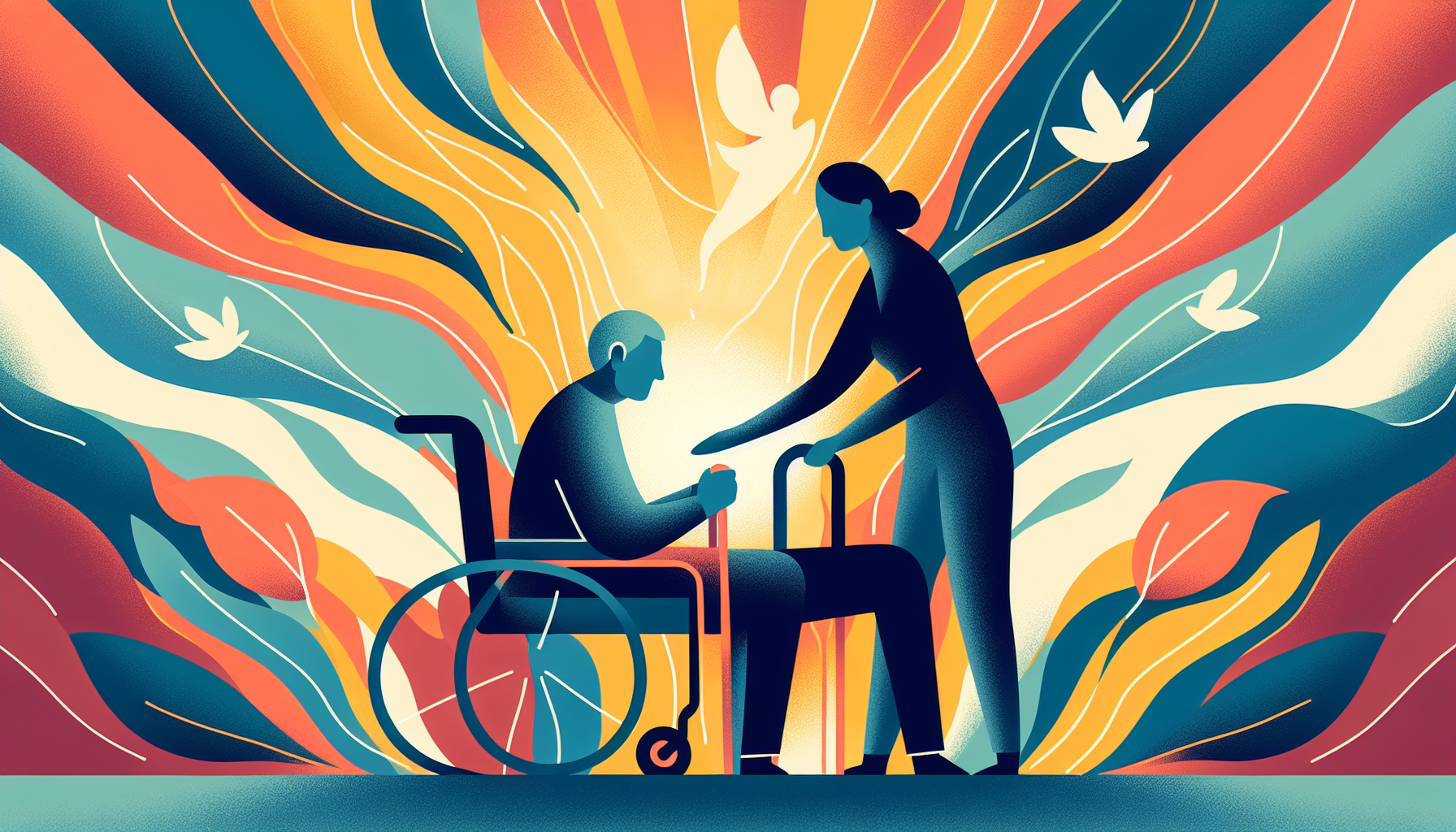When faced with a terminal illness, many individuals and their families are confronted with difficult decisions regarding their care. One option that has gained increasing recognition for its compassionate approach is hospice care. Former President Jimmy Carter's recent decision to opt for hospice care at his Georgia ranch has brought this important topic to the forefront of public discussion.
What is Hospice Care?
Hospice care is a specialized form of end-of-life support that focuses on providing comfort, support, and quality of life for individuals with terminal illnesses. Rather than seeking curative treatments, hospice care prioritizes the management of symptoms, pain relief, and emotional and spiritual support for both the patient and their loved ones.
The Benefits of Hospice Care
Choosing hospice care offers numerous benefits for individuals with terminal illnesses and their families:
Emphasis on comfort and quality of life
Pain management and symptom control
Emotional and spiritual support for patients and their loved ones
Ability to receive care in a familiar setting, such as one's home
Reduced hospitalizations and emergency room visits
Increased time spent with family and loved ones
Jimmy Carter's Inspiring Choice
Former President Jimmy Carter's decision to opt for hospice care at the age of 99 serves as an inspiring example of embracing the benefits of end-of-life support. By choosing to forgo aggressive treatments and hospital stays, Carter prioritized spending quality time with his beloved wife, Rosalynn, and their extended family. His choice also allowed him to indulge in simple pleasures, like enjoying his favorite peanut butter ice cream.
Making the Decision for Hospice Care
Deciding to pursue hospice care is a deeply personal choice that should involve open communication between the individual, their family, and their healthcare team. Factors to consider may include the individual's prognosis, personal values and beliefs, and desired quality of life. It is essential to understand that choosing hospice care does not mean giving up hope; rather, it is a shift in focus towards maximizing comfort and cherishing the time remaining.
For more information on hospice care and end-of-life support, consider exploring the following resources:
Ultimately, the decision to pursue hospice care is a deeply personal one that prioritizes comfort, support, and quality of life during the final stages of a terminal illness. By understanding the benefits and considerations involved, individuals and their families can make informed choices that align with their values and wishes, just as former President Jimmy Carter has done.
The Bottom Line
Hospice provides comprehensive comfort care covered by Medicare when life expectancy is 6 months or less, focusing on pain relief and family support rather than cure. The decision is reversible, and many patients experience improved quality of life through expert symptom management. If you're navigating end-of-life care decisions or need guidance on hospice eligibility, Doctronic can provide quick answers to help you understand your options.



